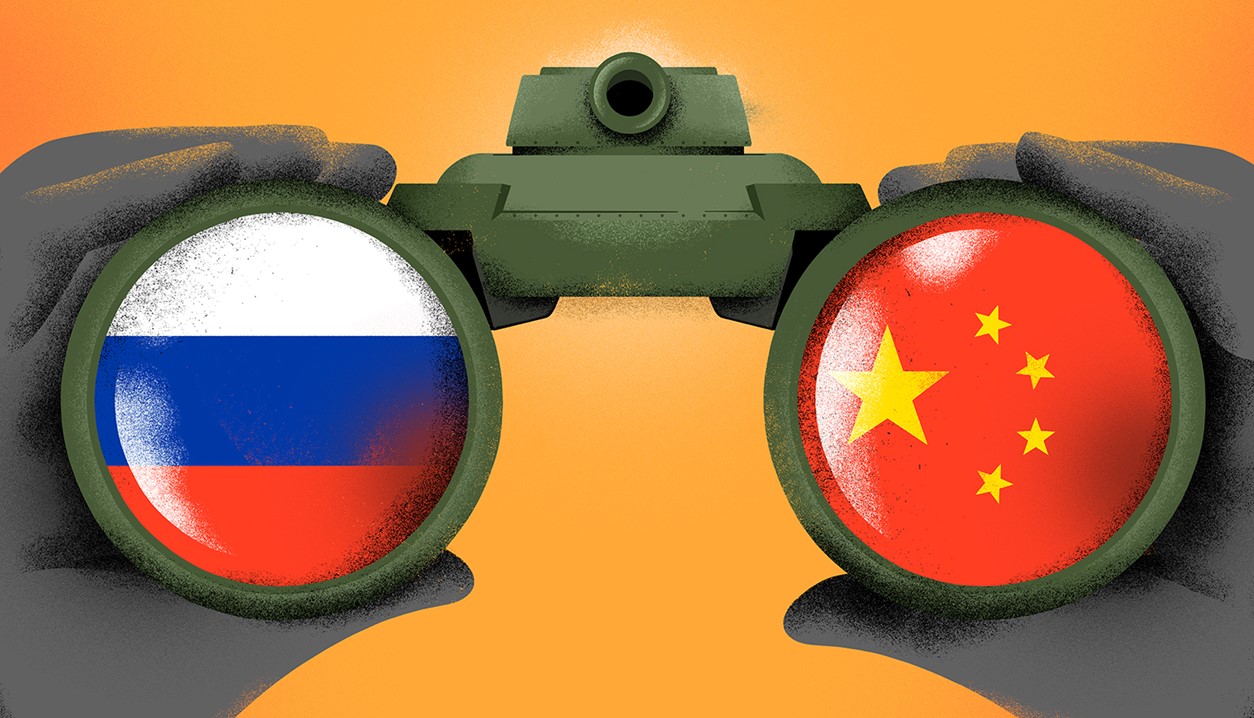
Lessons For India: From Russia And China With Love
 Sun, 05 Mar 2023
| Reading Time: 6 minutes
Sun, 05 Mar 2023
| Reading Time: 6 minutes

In January 2022, I predicted the exact timeline of the Russia-Ukraine conflict. The United States was the only country that was making noise about the imminent Russian attack on Ukraine. The rest of the western world was living in Utopia.
https://twitter.com/InsightGL/status/1485657113385144322?s=20
Eventually, Russia invaded Ukraine on 24 February 2022, smashing the western Tower of Babel. France was so taken aback by the intelligence failure that it fired the French military intelligence chief, Gen Eric Vidaud. Western analysts immediately declared that Russia will have a cakewalk and decimate Ukraine in no time. The first anniversary of the invasion has just gone past and the war rages on with no end in sight. So why mighty Russia could not subdue puny Ukraine or why in a future conflict with India, Japan, or Taiwan, China will meet a similar fate? Let us analyse.
The Secrecy
Before the war started the Russian leadership knew that its war plans were leaked to the United States. Strangely, despite that Russian President Putin didn’t share his intentions with most of the country’s senior leaders. The military leaders were informed about the invasion plan just a few days or hours before the war. Putin depended upon a small group of yes-men, who were too scared to challenge Putin’s decisions.
This is going to be the exact case with China too since Chinese President Xi Jinping will trust no one and has surrounded himself with incompetent yes-men. Secrecy is a double-edged sword. Russia had many strengths before the war with a much bigger and better-equipped force. The delay in the dissemination of war plans to the troops in the field made them ill-prepared. The forces had not done intense war gaming and exercise keeping in mind the objective. The war objective itself was confusing. On paper it was a ‘special operation’ but in reality, it was an invasion.
Similar assumptions by the Chinese forces would become their nemesis. Chinese have been calling land disputes with India and maritime disputes with Japan a historic injustice. They call the future invasion of Taiwan — reunification.
The Planning and the Execution
Pitfalls in the Russian invasion plan:
- Faulty Assumptions: Ukraine would not put up much resistance and may receive the Russian soldier as their saviours.
- Unnecessary Political Guidance: Looks like war planning was done by Russian President Vladimir Putin and his closest confidants. The idea was to rapidly invade on multiple fronts, quickly lay seize on Kyiv and eventually neutralize Ukrainian President Zelensky. Sound professional inputs would have displayed that such kind of undertaking was suicidal.
- Ignoring Key Russian Military Principles: “The initial period of war” is a concept used by Russia against the enemy sharing the land border. Four to six weeks of intense air and missile attacks are undertaken to cripple the enemy’s military and critical infrastructure. Thereafter the ground forces move in. But, Russia diverted from its standard operating procedures assuming a quick victory, and desired to run the country, intact.
- Overly Ambitious Objectives — Multiple lines of invasion vis-à-vis the size of the Russian forces.
- No Follow-on Force: All professional forces were deployed at once without keeping any reserves.
- Ineffective Military Reforms: The decades-old Russian reforms were either incompatible with high-intensity modern warfare or mostly remained on paper. Russia had shifted to less-bulkier brigades and battalion tactical groups (BTGs). But, these BTGs displayed that they were incapable of protracted and fierce combat along a vast border. Understaffing of BTGs further added to the trouble.
- Training: Year-long deployment sent the training calendar haywire. Electronic warfare is one of the most important aspects of modern warfare. Due to a lack of intense war gaming and training in the initial phase, the Russian forces landed up jamming their equipment while trying to jam Ukrainian equipment.
- Equipment: In 2020, Russian Defense Minister Sergey Shoigu declared that 70 percent of Russian equipment was either modernized or new. However, the reality looks a little different. High failure rates of missiles and the vulnerability of tanks to antitank weapons were evident. Year-long deployment had also jeopardized maintenance schedules, along with commanders fudging the records.
- Logistics: Secrecy led to the discarding of the strategic Russian “special period.” A special period is a time of classifying, accumulating, and organizing resources to undertake a major war. This further got aggravated when ground forces trying to meet the schedule of reaching a certain point at a certain time overran their logistics supplies.
- Defence Industry: The backbone of any military operation, the defence industry, was also kept in the dark, and they went about their business as usual. The Russian defence industry is facing many challenges and that is evident from the fact that Russia had only two successful tests of the Sarmat missile in the last one year. Compared to that technologically backward North Korea had five successful tests of similar ICBMs — Hwasong-15 and Hwasong-17.
- Haphazard Decision Making: On realizing the plight of Russian ground forces, Aerospace Forces (VKS) shifted from air superiority to a close air support role. Russian pilots who were used to flying unopposed in Syrian airspace didn’t have sufficient training to tackle heavily defended Ukrainian airspace. They were flying low and getting knocked down by Ukrainian Stinger missiles. General Sergey Surovikin brought in realistic changes by using a mix of offensive or defensive techniques and moved command sites and many logistics depots out of range of HIMARS. But, strangely he was demoted in favour of General Valeriy Gerasimov.
China Versus India, Japan and Taiwan
China has almost all the vulnerabilities that Russia has, but they also have some compelling strengths:
- Blitzkrieg: China would have no option but to go for a quick and all-out invasion of India, Japan, or Taiwan to keep an element of surprise before external help arrives. That means Beijing would be forced to repeat the Russian mistake of committing all forces at once. India and Japan must come together and utilize this opportunity to settle scores with China. Although China would keep its plans under wraps, its biggest giveaway of an impending war would be intense non-kinetic activities before the full-fledged war.
- Lack of Combat Experience: The Russian forces have had combat experience in Afghanistan, the Central African Republic, Chechnya, Georgia, Moldova, Syria, and Ukraine (2014). Whereas, China fought its last war in 1979 and came a distant third.
- Dilemma: China would be in a dilemma when it invades Taiwan. Acquiring Taiwan’s mouth-watering research institutes, semiconductor facilities, businesses, power grids, and other infrastructure and not offending Taiwanese citizens would be China’s priority. However, when it comes to India and Japan, China would not have those noble thoughts.
- All-out Attack: If China gives up the idea of enjoying the fruits of Taiwanese industry even then the air and naval battles would be very complex with a high attrition rate. The less risky Battle of Okinawa saw 368 allied ships damaged or destroyed.
- Complexity of a Joint Island Landing Campaign: It is not a small matter, and China has a lot of work to do in that area. Even the U.S. gave up Operation Causeway — the plan to invade Taiwan in 1944, labelling it too risky.
- Occupation: Even if China succeeds in the Taiwan invasion, as per research China would need 600,000 soldiers to maintain the island under its control. Occupying India or Japan is beyond Chinese capabilities.
- Reforms and strategies: Chinese reforms of 2016 and modern strategies are unproven.
- Training: Chinese forces are known for poor training standards and depend too much on the directives from the commander.
- Decision Making: PLA’s dual-command system of the commanding officer and political officers would gravely affect the decision-making that is already too top-heavy.
- Equipment: None of the Chinese equipment has proven its worth in the war. Most of the equipment they have sold to other countries has proven itself to be substandard.
- China’s (A2/AD): The A2/AD arsenal that the Chinese have designed is primarily designed to defeat air and maritime capabilities, and secondarily to degrade, disrupt, and deny space and cyber, however, it has a major hole. It is not designed to find, fix, and finish mobile, networked, dispersed, reloadable ground forces.
- Logistics: PLA’s ability to replenish and replace its widely dispersed forces on various fronts would also be a big challenge. China’s merchant vessel’s logistics program would come under attack. At the same time, China can’t risk attacking other countries that are supporting and supplying Japan and Taiwan.
- Economy and Defence Industry: Unlike Russia, these two would be the biggest strengths of China. In 2021, China’s industrial output was double that of the United States. China produces more smartphones, steel, and ships than any other country. It is a world leader in the production of chemicals, electrons, heavy industrial equipment, and metals — the basic building blocks of a military-industrial economy. Therefore, forces taking on China would require to break the backbone of Chinese industrial supremacy and hurt its economy before the war begins.
Russia And China — Fast Learners
One should not take Russia and China lightly. Despite initial debacles in the Ukraine conflict, the Russian forces are among very few forces in the world that can undertake complex military manoeuvres with ease. VKS has also stopped wasting efforts on costly flight missions. Instead, they are wearing down Ukrainian air defences by using obsolete empty missiles and cheap Iranian Shaheed drones.
The Russian army’s river crossings have improved and their EW efforts are more effective. Even poorly and hastily trained draftees have improved and eased the pressure on the regular army. Despite running low on the stockpile of missiles, they are innovatively repurposing air-defence missiles and anti-ship cruise missiles. Russian strikes have also improved and damaged close to 40 percent of Ukrainian energy infrastructure.
The Russian economy has remained robust and factories have picked up the pace, whereas the western nations are straining under the demands to replenish Ukraine.
Conclusion
Russia and the western powers have learned the hard way that sustained high-intensity, high-attrition combined-arms warfare is extraordinarily difficult and expensive.
India must prepare for a war with China keeping all the lessons learned from the Russia-Ukraine conflict in mind and understand that China is no Pakistan. Because China is on a suicidal path and it won’t appreciate that India is no Ukraine and Taiwan is no Hong Kong. And above all, the Chinese leader Xi Jinping in his hubris is capable of doing the unthinkable.
Disclaimer
The opinions expressed in this article are the author’s own and do not reflect the views of Chanakya Forum. All information provided in this article including timeliness, completeness, accuracy, suitability or validity of information referenced therein, is the sole responsibility of the author. www.chanakyaforum.com does not assume any responsibility for the same.
Chanakya Forum is now on . Click here to join our channel (@ChanakyaForum) and stay updated with the latest headlines and articles.
Important
We work round the clock to bring you the finest articles and updates from around the world. There is a team that works tirelessly to ensure that you have a seamless reading experience. But all this costs money. Please support us so that we keep doing what we do best. Happy Reading
Support Us





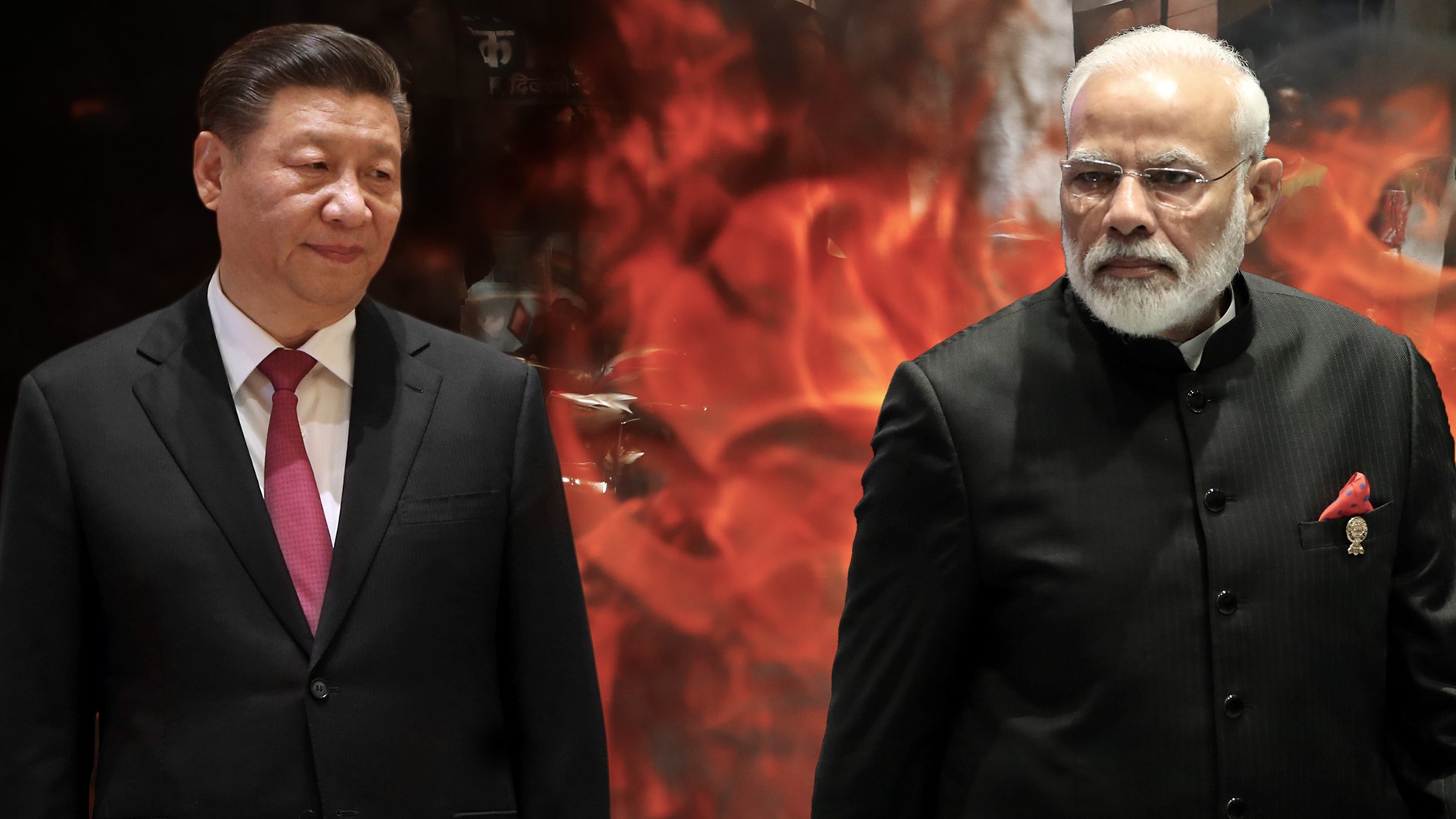
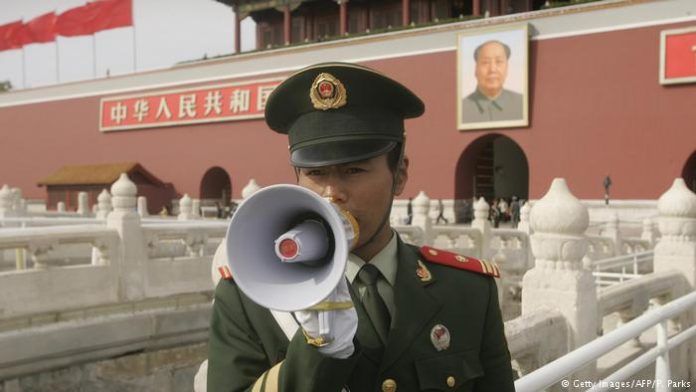
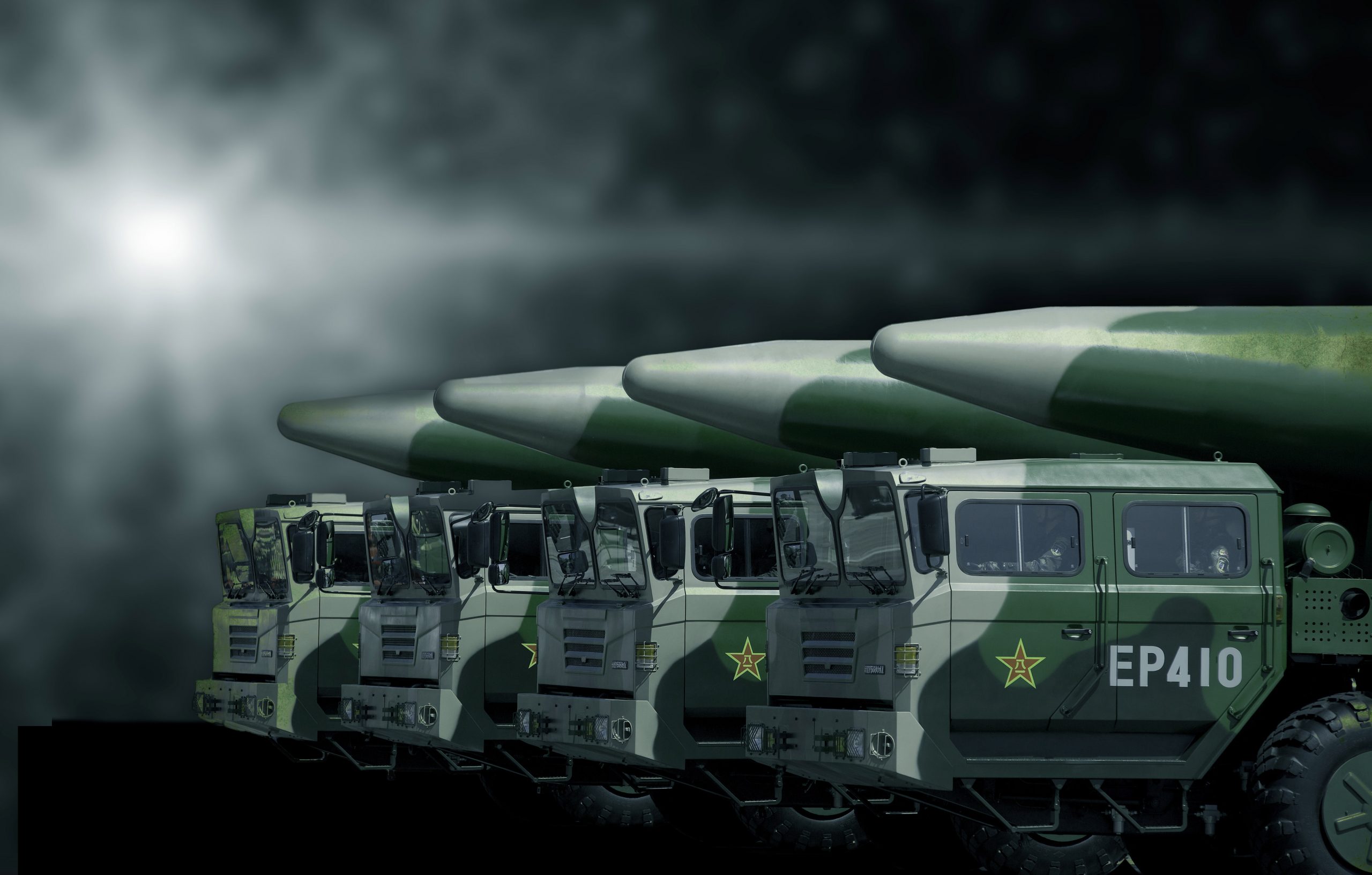
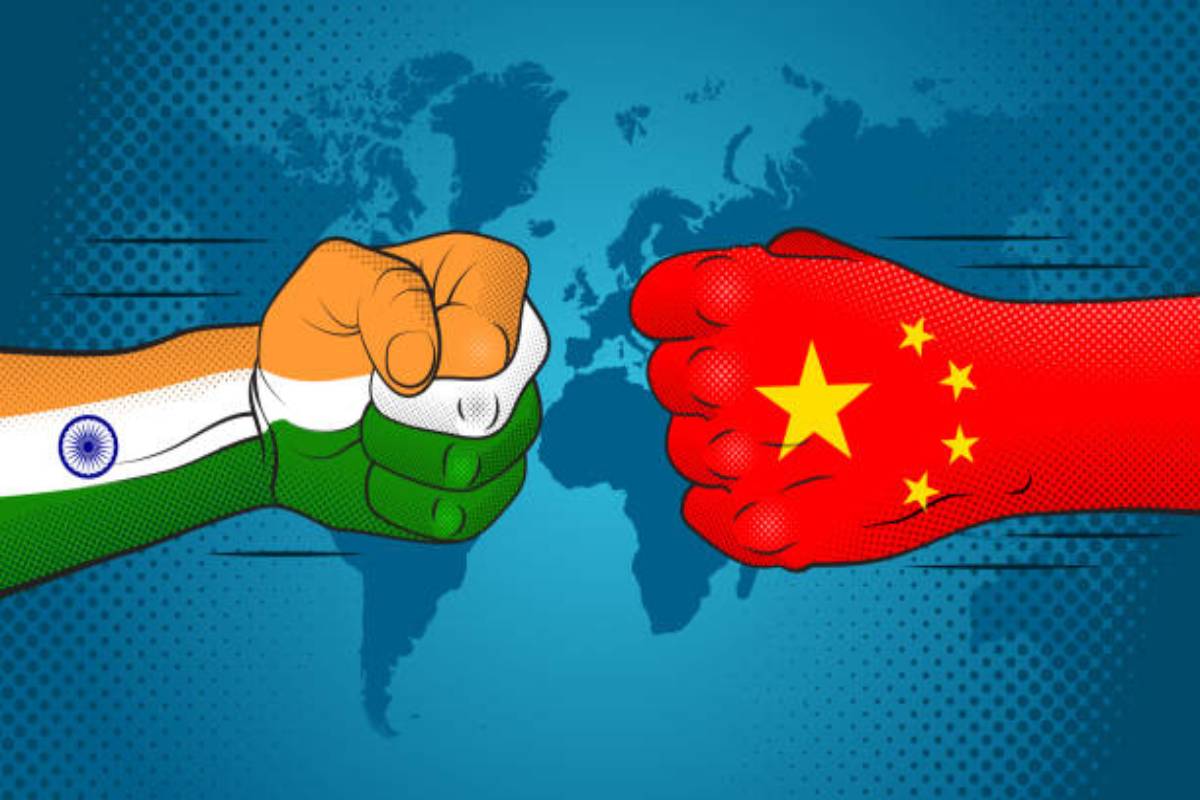
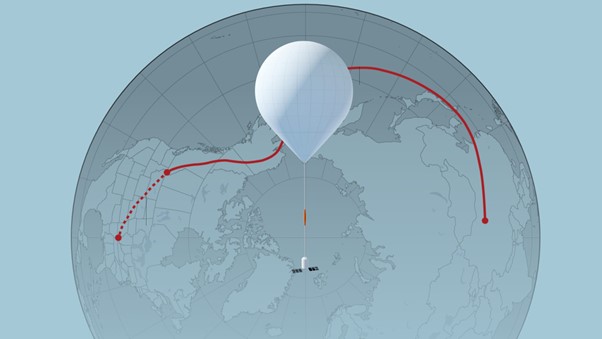
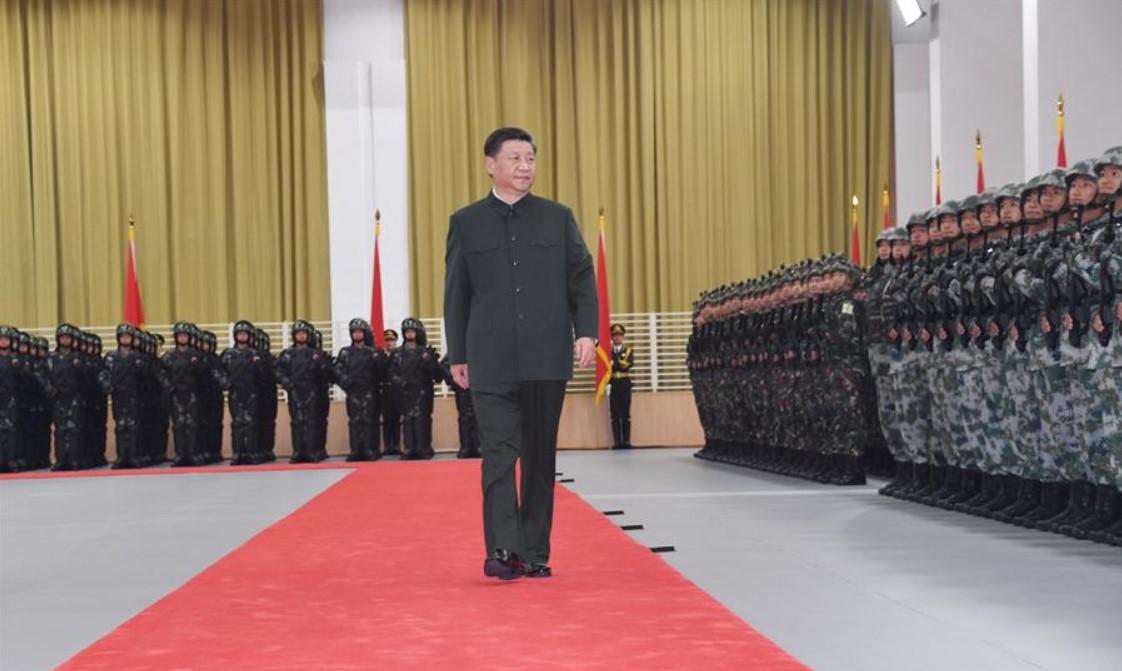
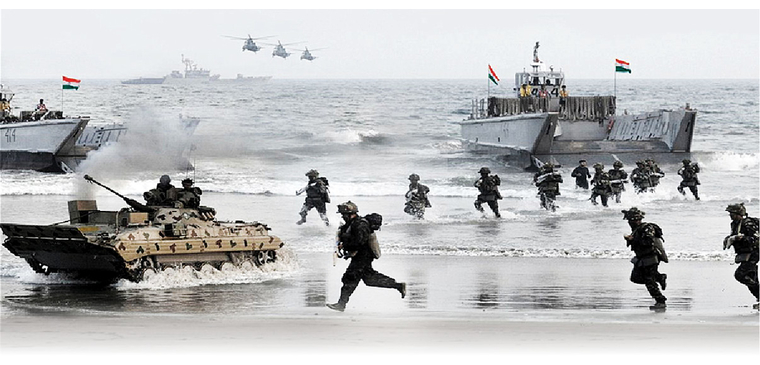

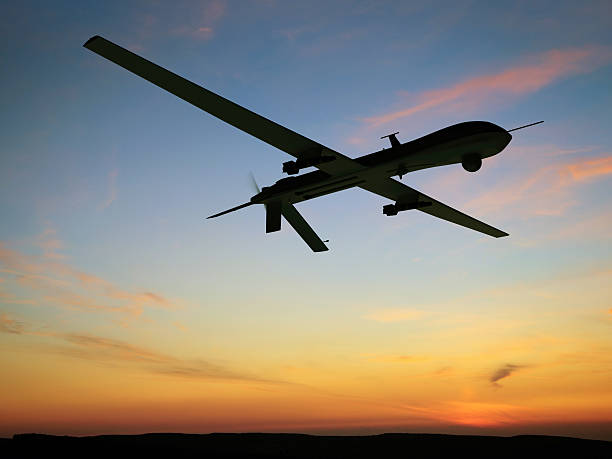
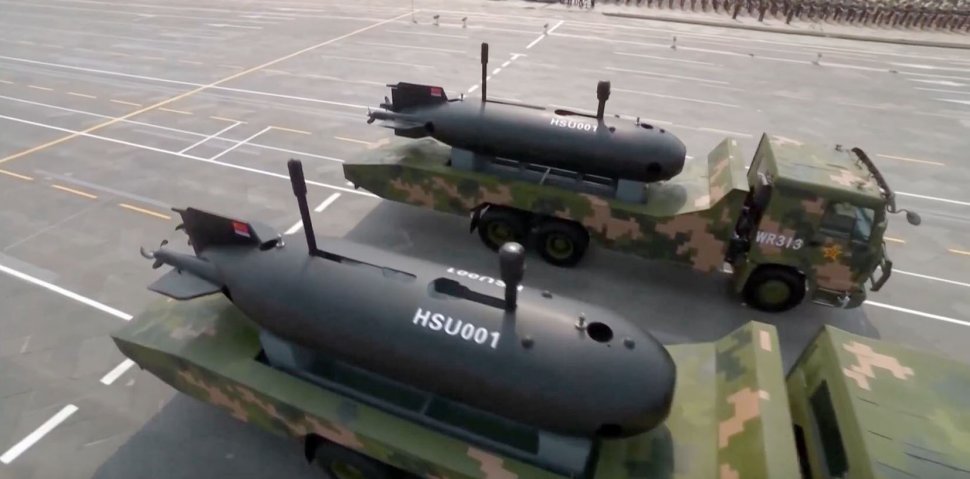






POST COMMENTS (14)
Narendar
Cosby Mann
Ashish Popli
Kalidan Singh
Rajeev Dalal
Vinod Sivaraman
Cdr Deepak Singh
Commander NK Kulkarni
Raghu Vir
Wendell Bruges
Sreenivas
M Thakur
Swarnava Paul
Raman